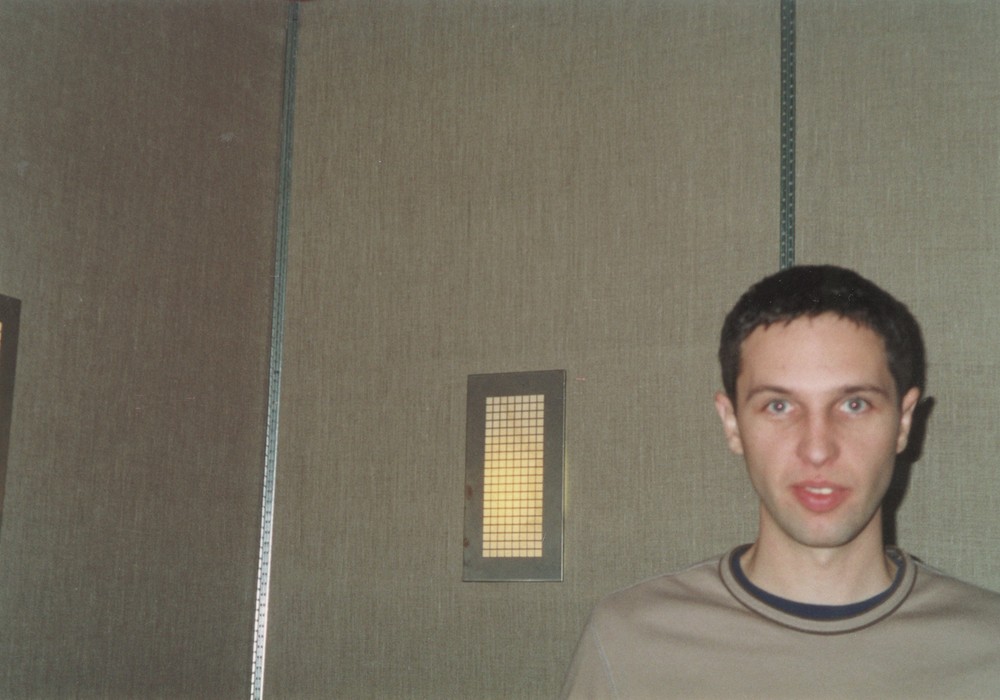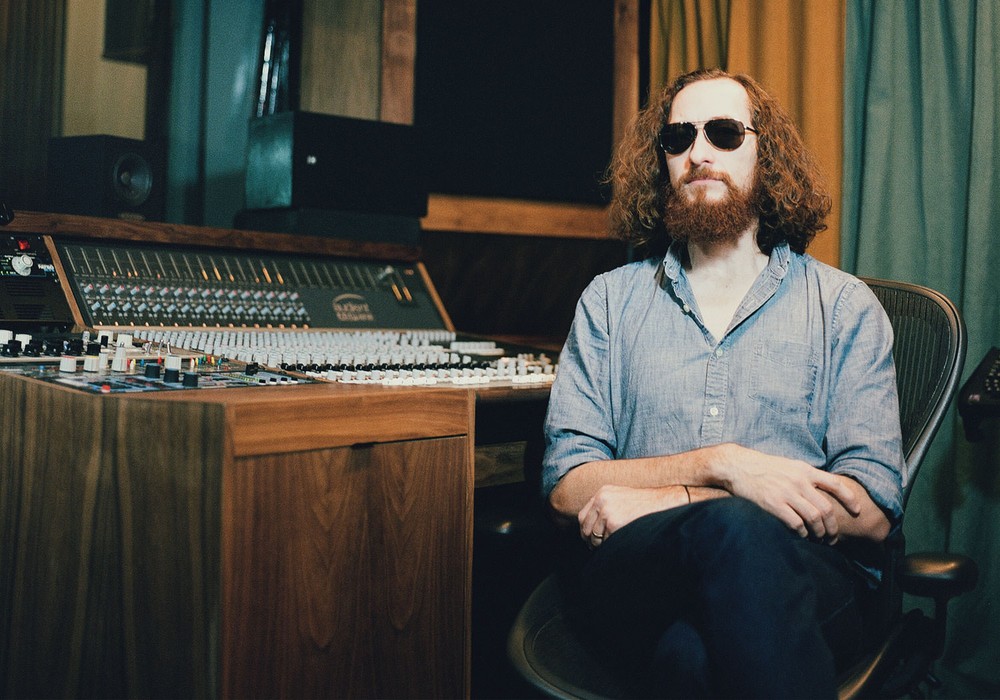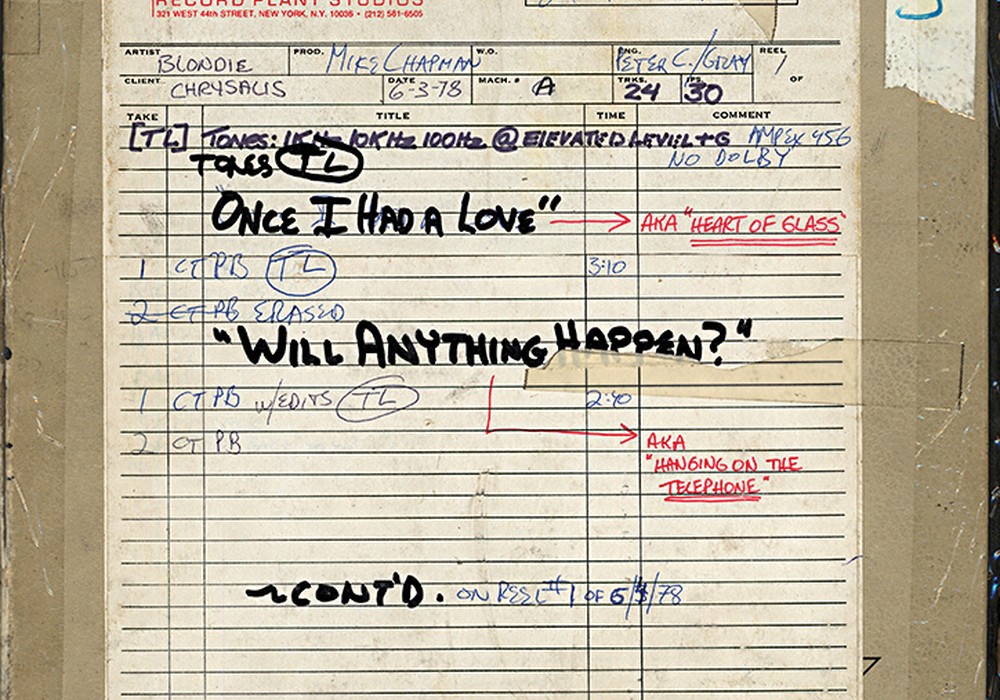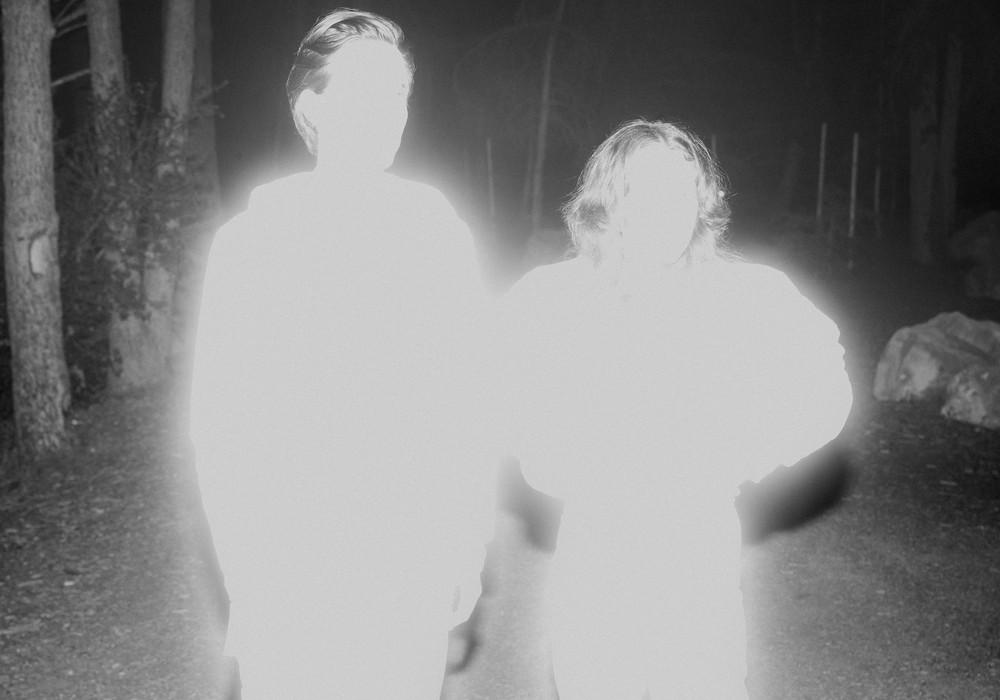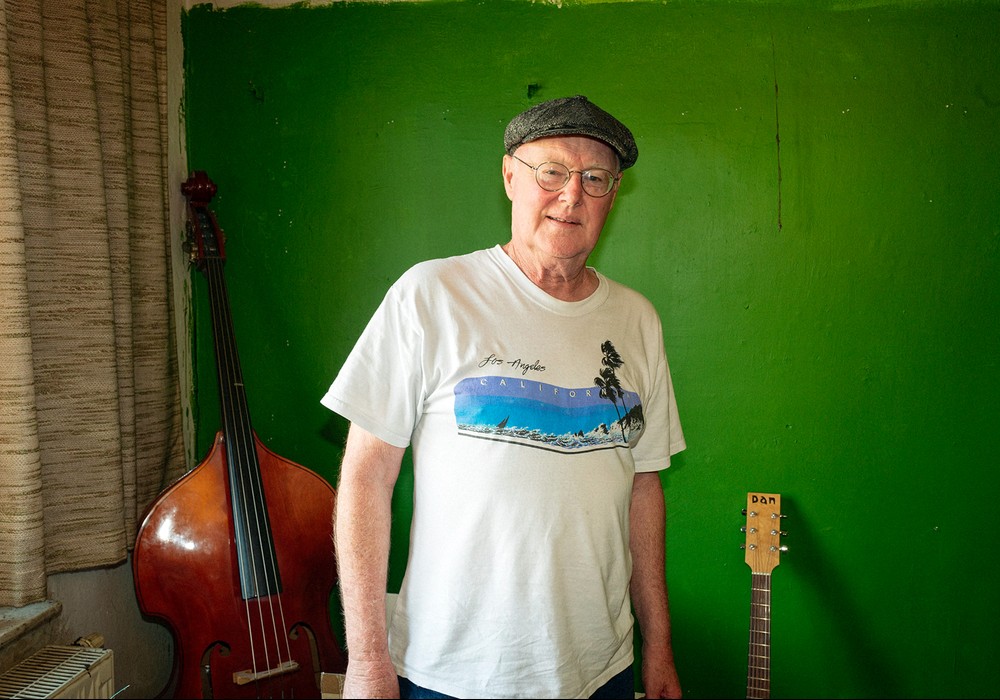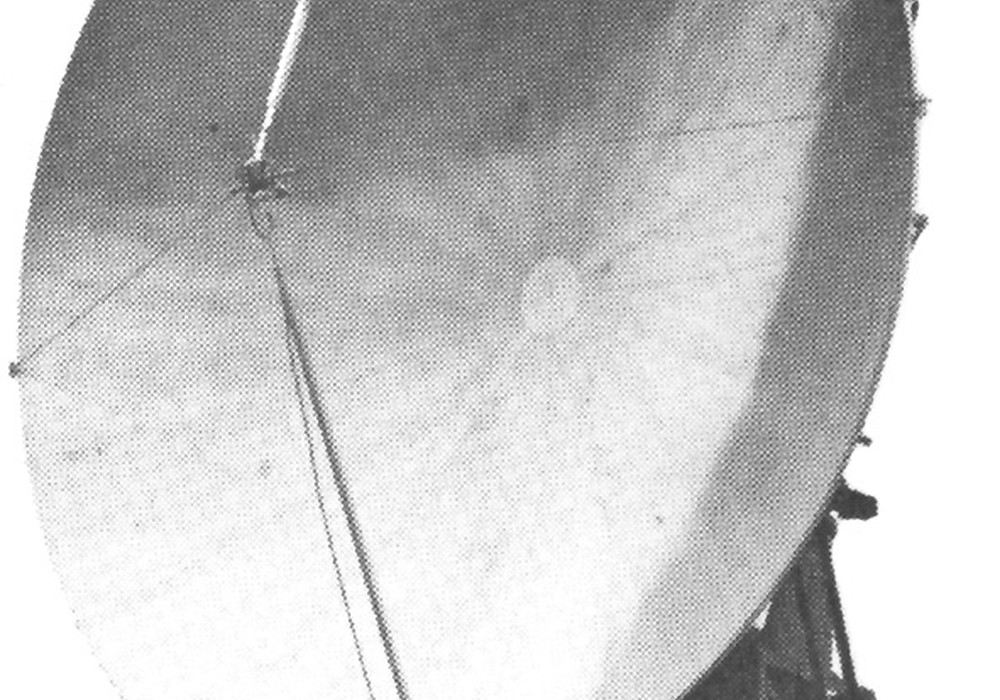I had been writing and producing music in Los Angeles long enough to question the state of my existence when I got an email asking me to come to Iraq and help record an album to be called Mosul Live. My heart leapt with joy. Finally, a break from gluten-free lunches and vegan ice cream. Finally, a break from young songwriters and various A&R guys not calling me back. Finally, something bigger than the music business. I may as well have been going to Mars. I joyously told my girlfriend about the job offer. She was alarmed by my excitement and we split up shortly thereafter. Some people got visibly uncomfortable when I talked excitedly about going to Iraq to record musicians living under the Islamic State. Some changed the subject to Game of Thrones. I have never seen Game of Thrones.
Back in 2013, a poet, translator, and friend named David Shook brought me to Haiti to help with some relief work. I brought my Digidesign Mbox 2 and recorded a great Haitian singer in Port Au Prince. David had now moved to Iraqi Kurdistan, where he was an artist in residence at The American University of Iraq Sulaimani (AUIS). AUIS, under the leadership of author and translator Alana Marie Levinson-Labrosse, was beginning a project to document people living in Mosul during the occupation by the Islamic State (2014 to 2017). They had been recording the spoken word stories of civilians in Mosul and wanted to make an album, Mosul Live, by affected musicians. During the occupation music was outlawed, taken off the radio, and forbidden to be performed in public.
In the months leading up to the project I assembled a recording system. I needed a multitrack recorder that was battery powered and could last all day. Some areas would not have electricity, and the areas that did have power experienced outages throughout the day. (Case in point: as my plane was landing in Sulaymaniyah, Iraq, I watched a large section of the city's lights go out.) The Sound Devices MixPre-10 was my best option. It would run for 20 hours at a time on two battery packs, and it had eight mic inputs with Kashmir preamps that record to a hard disk/thumb drive. I combined that with a handful of microphones from SE Electronics, and the whole setup fit nicely into an over-the-shoulder Stingray bag made by K-Tek.
My fears about going to Iraq outweighed the actual danger. I arrived in Baghdad and Iraq felt quite secure. Especially in the Kurdish-controlled parts of Northern Iraq, where life was a lot safer than Los Angeles.
Meanwhile, Mosul, Baghdad, and non-Kurdish Iraq had safety risks from kidnappings, and in these areas we had armed fixers with us. Mosul was liberated from ISIS in a 10 month battle in the summer of 2017, and the old part of the city was in rubble with residual sleeper cells. Two car bombs had exploded in the weeks leading up to our trip. In Mosul, we stayed at a safe house with armed guards posted around the house. I was given a loaded Kalashnikov automatic rifle to keep by my bed "just in case." I explained to the fixer I had no idea how to use an assault rifle.
Iraq is an all-cash economy. Credit cards are not accepted and there are very few ATMs, none of which take American cards. I was given bricks of $100 bills as payment and spending money. Between the cash, the rock 'n' roll, and the potential danger, Iraq felt like a spiritual home for me. I was made for this environment. The inner monologue in my mind dimmed way down and I felt present. It was very easy to get into the headspace to create music.
We set up in an abandoned restaurant on the edge of the Tigris river to record a classical trio called Awtar Nergal (Strings of Nergal). I asked the band what life was like living under ISIS. The violin player said he had buried his instrument under his garden after one of his neighbors tipped off ISIS that he was a musician. They came to his house to question him. He told them he hated music. He said he couldn't stand the sound of it. He was arrested and tortured over the course of a few months. It was incredible that he had so much love and dedication to music in the face of real adversity. I was ready to give up on my music career after a few music managers passed on my album!
Another musician had been caught with a handful of instruments in his house. He had numerous ouds, guitars, violins, etc. Because he had so many instruments, ISIS thought he was possessed by a demon. They took pity on him and performed some prayers to get rid of the demon. He was left alone.
One night we were in a Kurdish shisha (hookah) bar in Sulaymaniyah. We joked around with the owner that I would do a concert there. He thought this was great idea and booked me the following week. I made up some flyers and sent them around the local university. The...
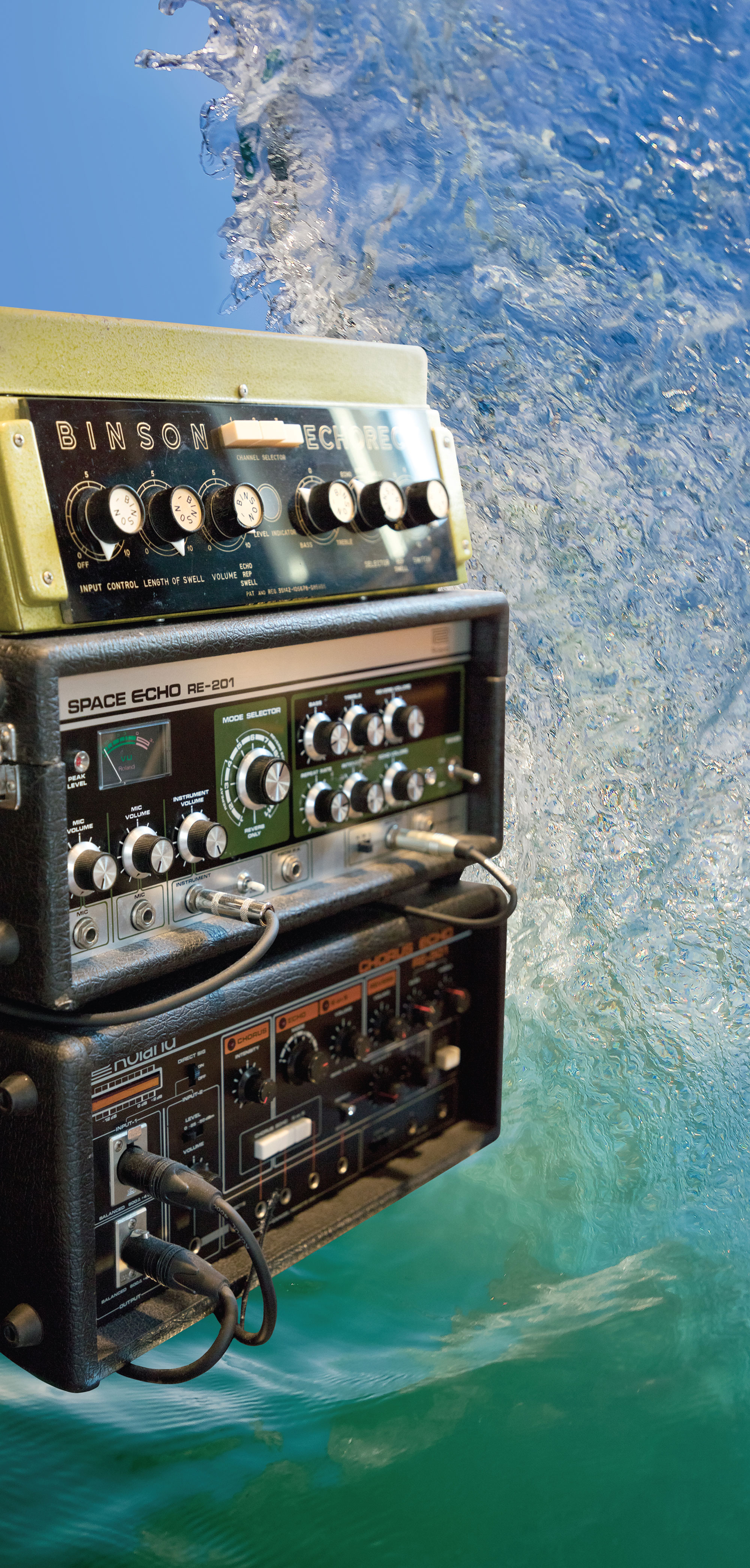

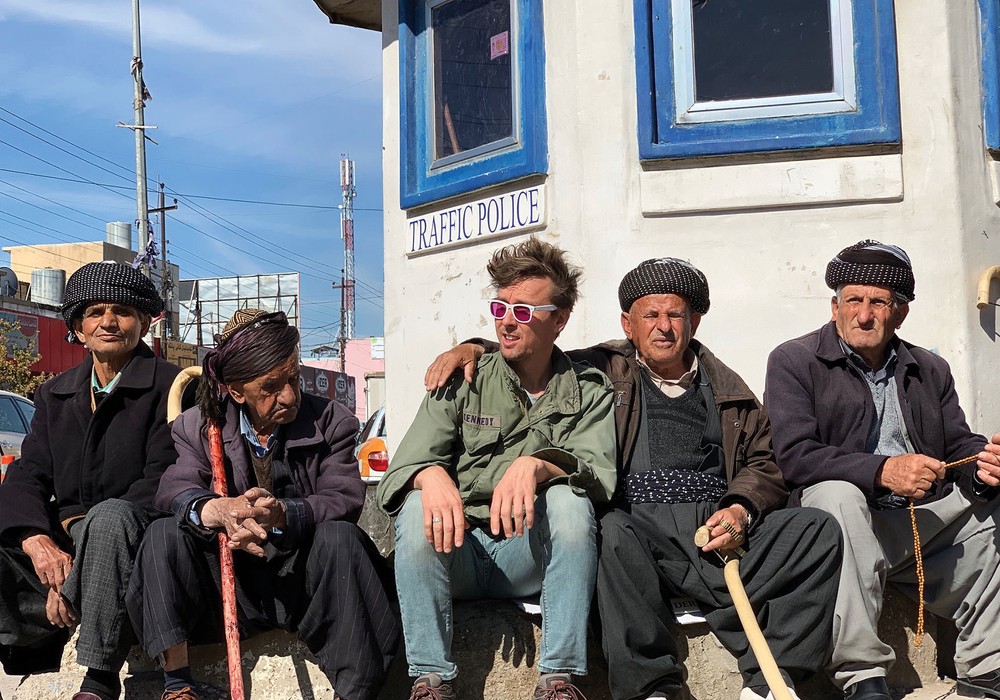
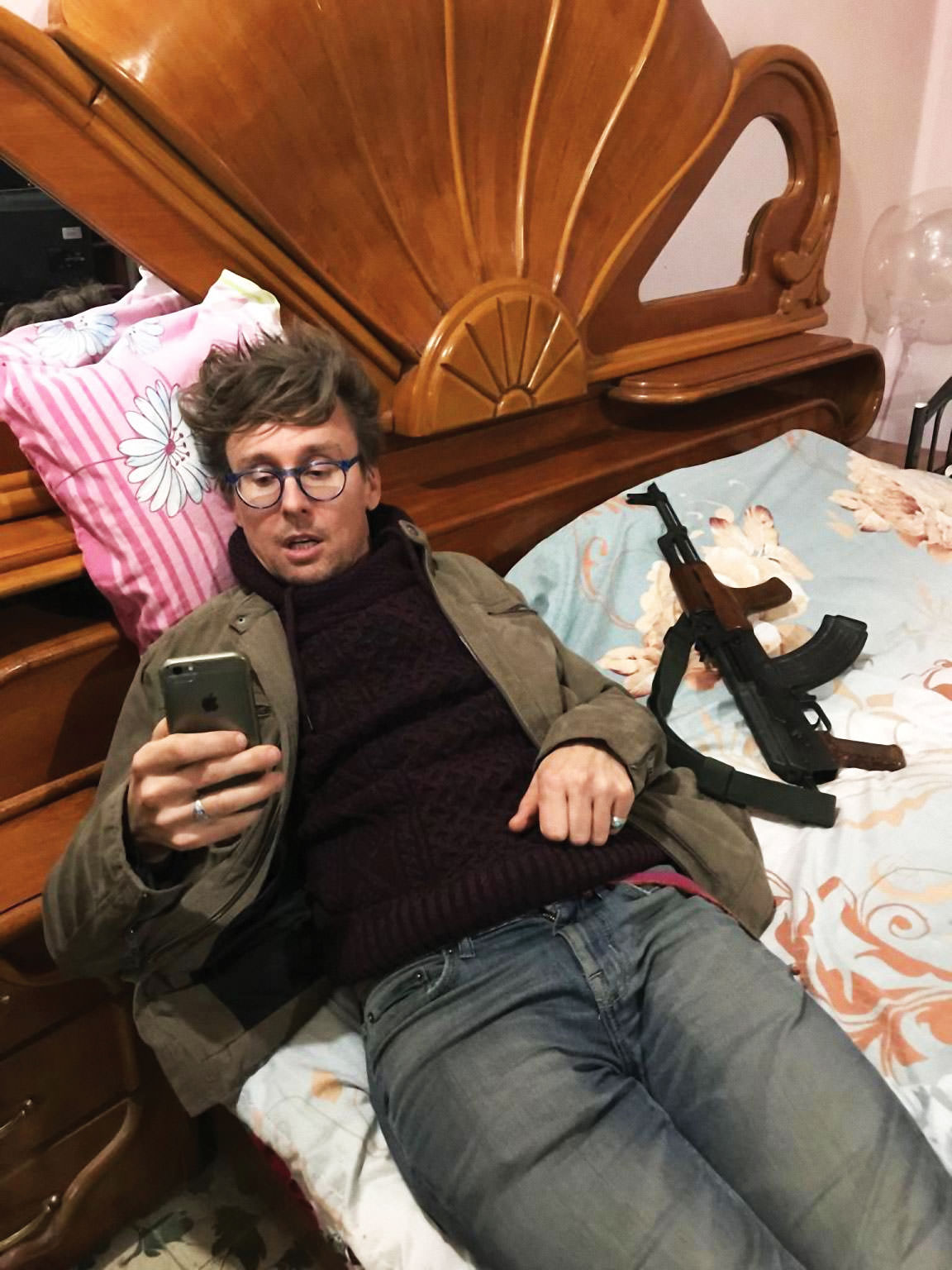
_display_horizontal.jpg)
